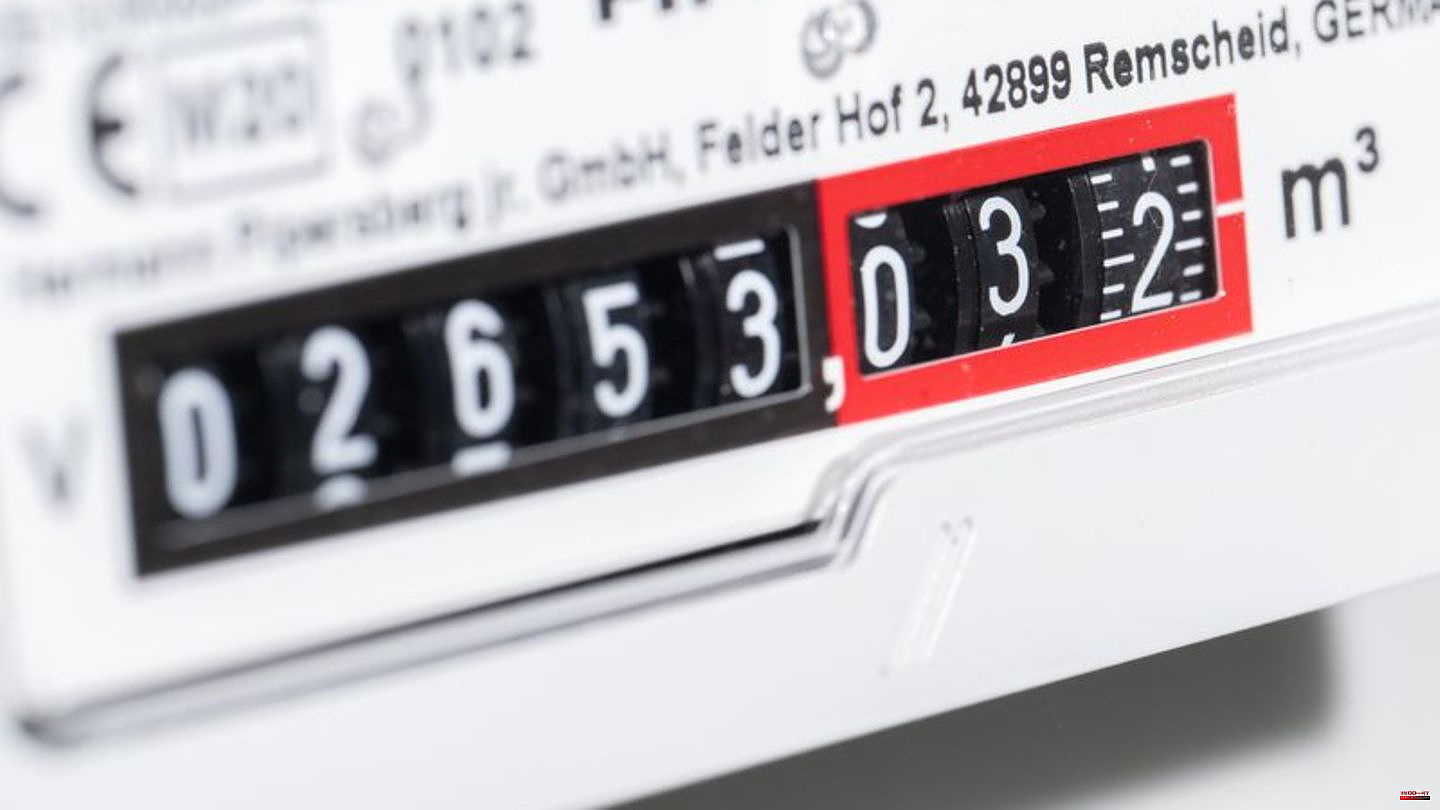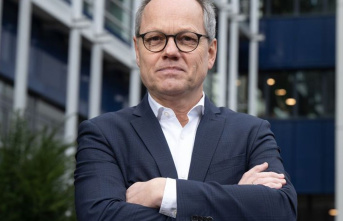According to a study, more and more people perceive the high energy prices as a significant or even very heavy financial burden. This applies in particular to gas customers, reported the Institute for Macroeconomics and Business Cycle Research (IMK) of the Hans Böckler Foundation in Düsseldorf.
According to a survey, almost two-thirds of them described the costs as a "rather heavy" or "very heavy" financial burden. This proportion has risen sharply in recent months. The basis of the study was a representative survey by the IMK, in which around 2,200 people between the ages of 18 and 75 took part in August.
The researchers also interviewed people who heat with oil. Almost 50 percent of those surveyed felt that the financial burden was "rather heavy" or "very heavy". In the case of district heating, the rate was just under 40 percent, and in the case of electricity costs it was just over 40 percent.
It was also examined how the so-called relief packages I and II were received by people. The researchers found that the positive effects of the packages on the personal financial situation were often not fully appreciated. Depending on the type of household, the real relief effect this year is underestimated by a third for singles without children and by up to almost two thirds for families with two children and two employees.
"Relief packages designed very small"
"One reason may be that these relief packages were constructed in very small parts," suspects IMK director Sebastian Dullien. He sees this as a mistake and warned against repeating this with the announced relief package III.
The measures in the relief packages I and II include the abolition of the green electricity surcharge, the increase in tax allowances, the 300-euro energy price flat-rate, the tank discount and the nine-euro ticket for local transport. The third package includes an electricity price brake, one-off payments for retirees and students and an increase in child benefit.
According to the IMK, the survey results also point to the risk of a drop in consumption over the coming months as a result of higher energy prices. In response to the threat of a loss of purchasing power, "considerable sections" of the population are planning to cut back on their consumption in the coming months. The perceived pressure to save extends far into the middle class. "This is particularly true with regard to visits to pubs and restaurants, where a total of 64 percent of all respondents want to cut back somewhat or considerably." Respondents also want to restrict themselves in the same way when it comes to interior design, household appliances and objects (63 percent) and clothing and shoes (61 percent).







